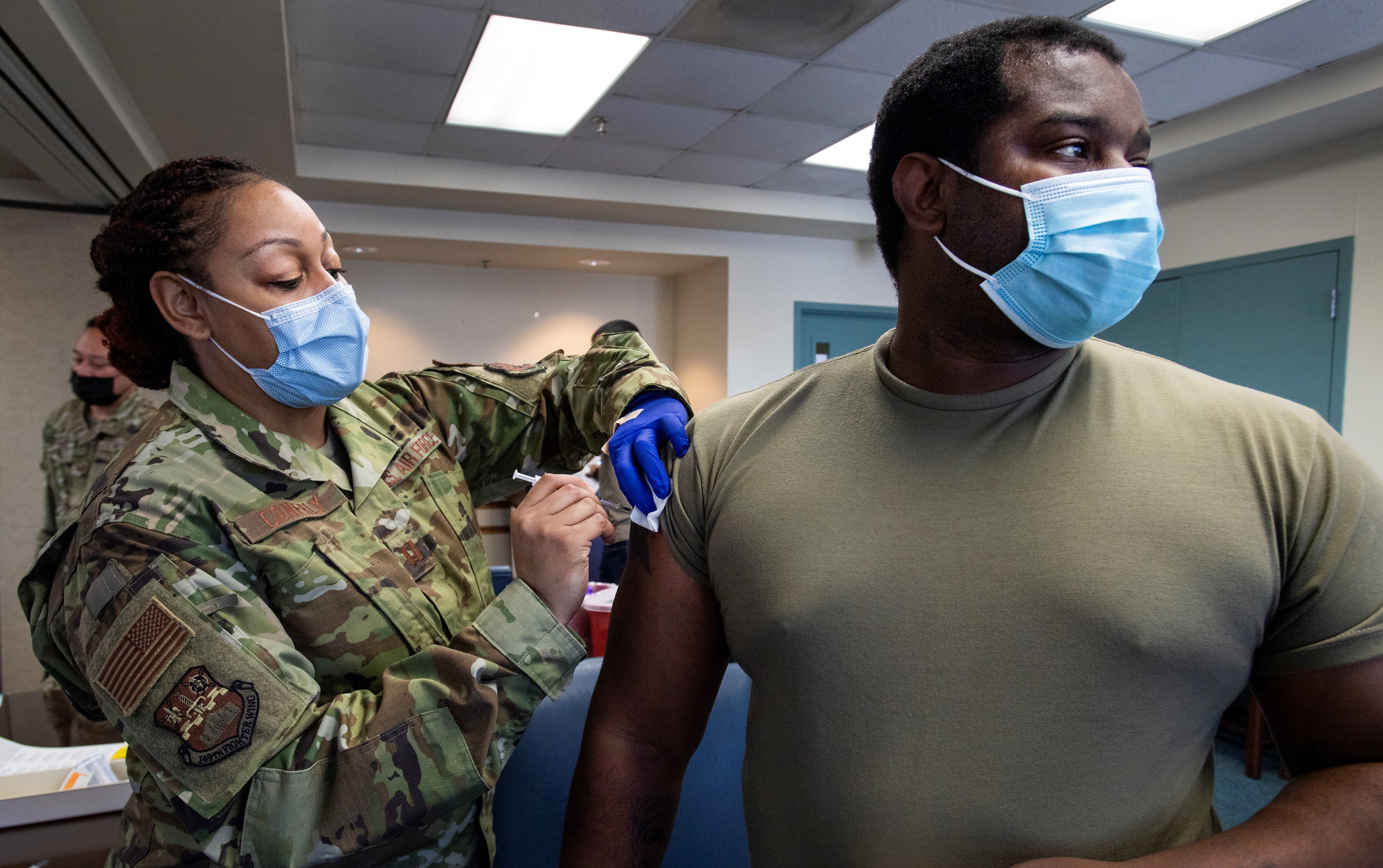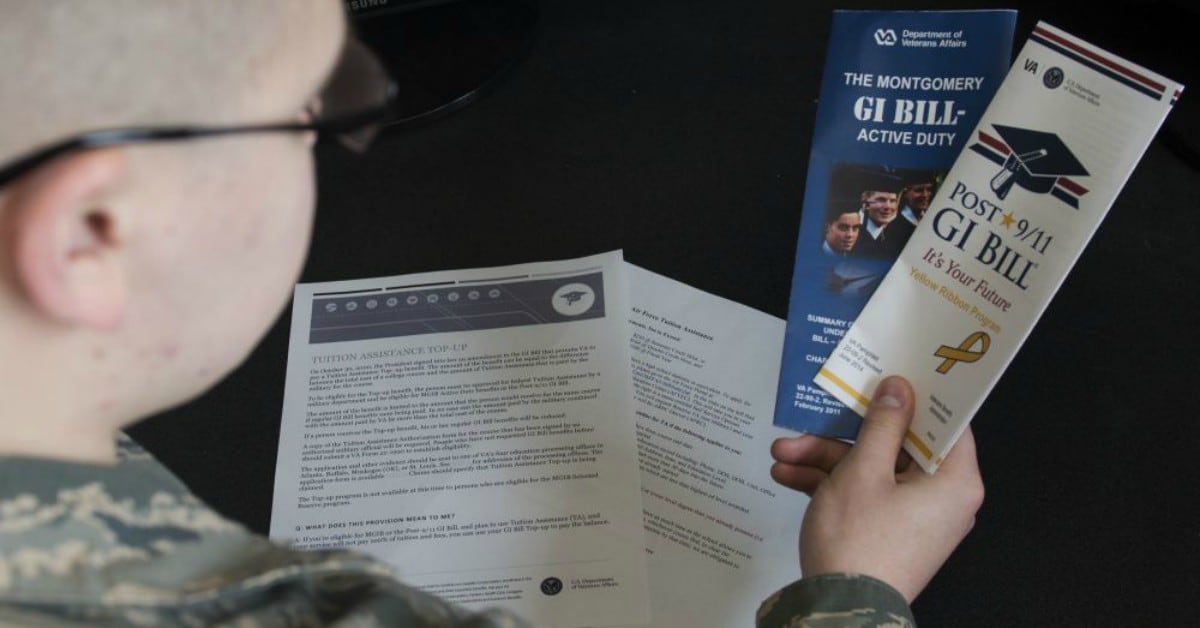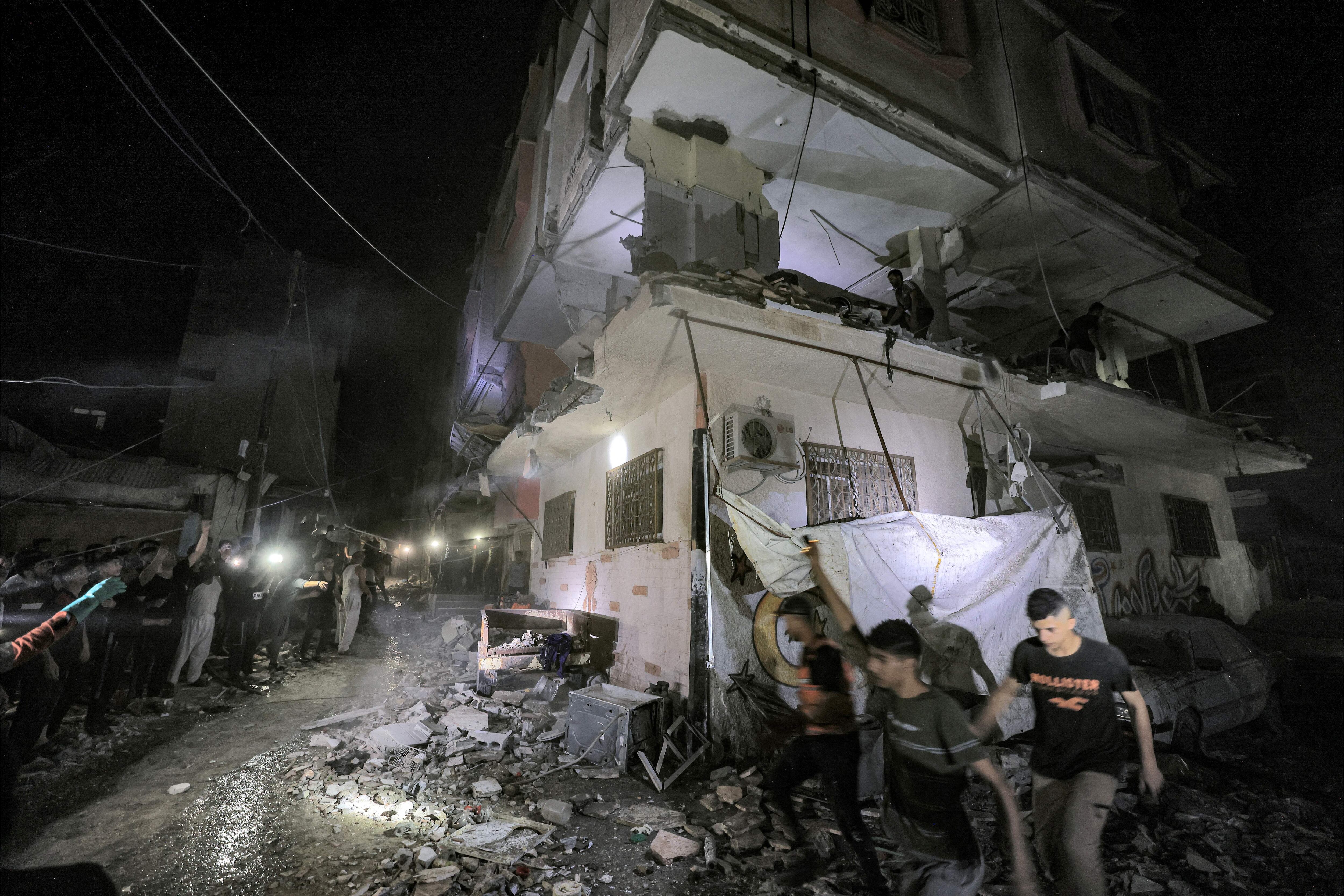Lawmakers must extend critical pandemic authorities for veterans care before formally ending the national health emergency related to COVID-19 or else risk disrupting medical services for tens of thousands of veterans, federal officials warned this week.
“The explosion of access to medical care that has been a byproduct of the growth in telehealth services is something that has led to a lot of positive outcomes for vets,” VA Secretary Denis McDonough told reporters at a press conference on Tuesday. “I want to make sure we don’t lose that. It would be a real shame if we did.”
Later on Tuesday evening, the House voted along party lines to pass the “Pandemic is Over Act,” which would immediately end the public health emergency status declared in 2020 by the Department of Health and Human Services.
“We are in a pretty good place in the pandemic,” said Rep. Brett Guthrie, R-Ky., during a floor debate on the measure. “Cases are down dramatically from where they were the past few winters. It’s long overdue for President [Joe] Biden to unwind the public health emergency.”
RELATED

White House officials earlier in the week announced plans to end the national pandemic emergency on May 11, giving officials time to wind down a host of special authorities and programs put in place to ease stress on the public.
Those include free COVID-19 tests for American families, protections for Medicaid recipients, and certain rules regarding border security.
Veteran Affairs leaders said it also affects patients in the department’s health care system.
About 47,000 veterans are currently having their prescriptions filled by doctors who they meet with via telehealth options, thanks to special pandemic guidelines. If the national emergency ends without those rules being codified, those patients will have to find other ways to get their medicine.
“This question of filling prescriptions across state lines is something I’ve been raising with Congress … since last summer,” McDonough said. “We’re talking to our clinicians about it, and they’re really anxious about what happens to their patients.”
The end of the national emergency would also curtail some resources for homeless veterans. During a floor speech opposing the House bill, Rep. Mark Takano, D-Calif., the ranking member of the House Veterans’ Affairs Committee, said acting too hastily on the issue could end up severely hurting veterans already struggling.
RELATED

“This emergency designation grants our government a number of critical flexibilities that not only allow it to work more efficiently and effectively — but are essential to supporting America’s veteran population,” he said. “If my Republican colleagues are so insistent on ending the public health emergency prematurely, I hope they are equally insistent on ensuring that we quickly make permanent those pandemic authorities that veterans need.”
The legislation appears unlikely to advance in the Democratic-controlled Senate, but VA officials hope the public debate will spur action on extending the COVID-19 accommodations before May.
Active cases of coronavirus within the VA medical system totaled 7,563 on Tuesday evening, down about 30% in the last month. Since the start of the COVID-19 pandemic in America in March 2020, more than 845,000 patients connected with the Veterans Health Administration have contracted the virus.
At least 24,000 — about 22 a day — have died from complications connected to the illness. Roughly 1,500 of those deaths have come in the last six months.
Leo covers Congress, Veterans Affairs and the White House for Military Times. He has covered Washington, D.C. since 2004, focusing on military personnel and veterans policies. His work has earned numerous honors, including a 2009 Polk award, a 2010 National Headliner Award, the IAVA Leadership in Journalism award and the VFW News Media award.










